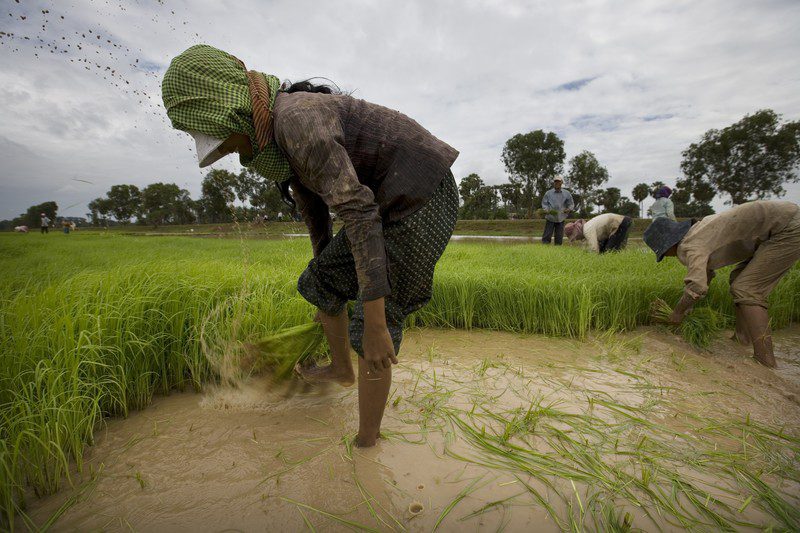Governments
Governments play a central role in infrastructure development. Donor governments provide funding to developing countries to finance infrastructure projects. Developing countries may fund infrastructure projects through their own resources as well as development aid.
Aid can be bilateral – given from one country to another directly, or multilateral – given to an organisation like the Asian Development Bank or the World Bank for distribution among a number of developing countries.
Both donor and developing member countries determine and shape infrastructure development projects. Each bears a responsibility to ensure that the benefits of such projects are equally distributed and that unintended impacts are not borne by vulnerable communities.
Australian Government
The Australian Government provides funding to developing countries for infrastructure, through direct (bilateral) development aid and through contributions to (multilateral) development banks, such as the Asian Development and the World Bank.
In 2006, the government announced it would commit $40–$50 million to the Asian Development Bank’s Greater Mekong Subregion initiative for infrastructure development.
Oxfam Australia closely monitors the Australian Government’s funding and processes regarding infrastructure projects in developing countries, particularly those which may have detrimental impacts on locally affected people and the environment.
What is Oxfam doing?
Oxfam Australia has been working in the Mekong region for more than 20 years. We support a network of local and non-government organisations across the six countries in the region, linking grassroots village work with international and regional organisations.
Oxfam is an active member of global campaigning group Save the Mekong Coalition. We’re taking action by writing to the Australian Government, a member donor of the Mekong River Commission.
We’re also ensuring that communities know their rights regarding major development decisions that affect their environment and their access to the Mekong’s vital resources.
